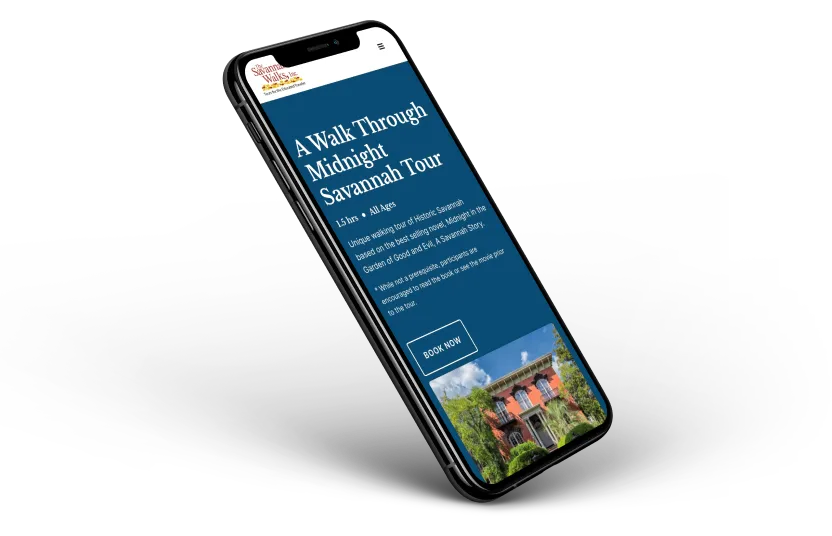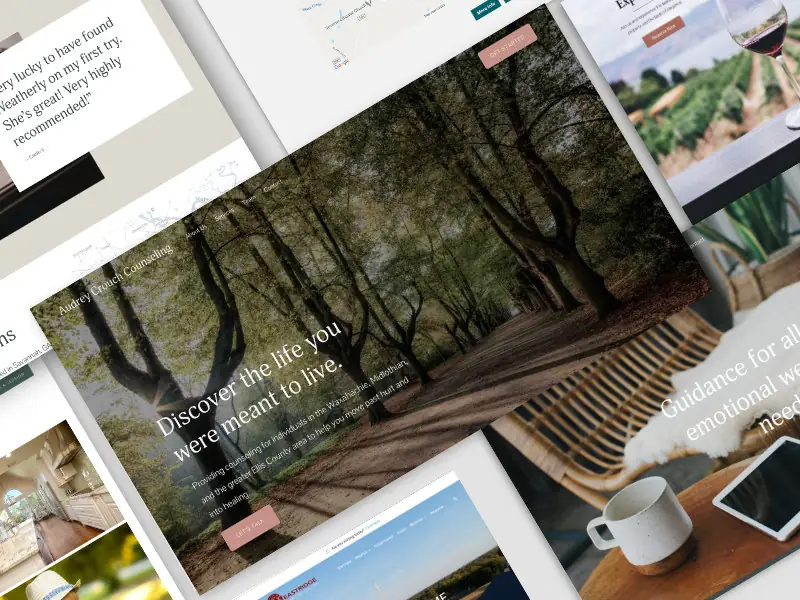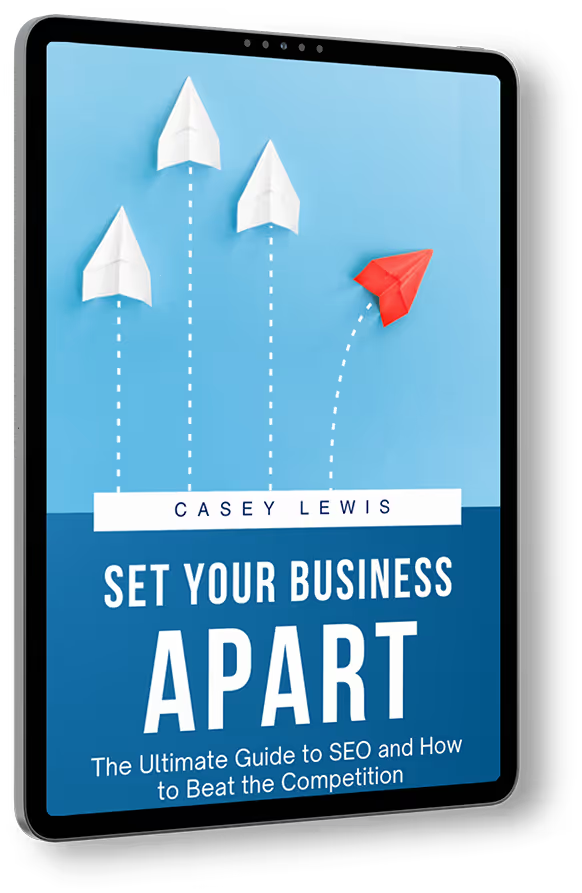Web Design
Should I build my own website or pay someone to do it for me?

Your website is often the first point of contact between your business and your potential customers.
It's a digital storefront, a brand ambassador, and a salesperson all rolled into one.
This raises a critical question for many business owners and individuals alike: Should I build my own website or pay someone to do it for me?
The answer isn't straightforward and depends on various factors such as time, skill level, budget, and the specific needs of your business.
In this article, we'll explore the different aspects of building a website by yourself versus hiring a professional, to help you make an informed decision.
Can You Build a Website in a Day?
It's tempting to think that with modern technology, you could whip up a website in just one day.
Indeed, in some cases, it's possible, especially with the array of website builders available today.
These platforms offer templates and drag-and-drop features that can simplify the process.
However, creating a website that truly meets your business needs and stands out in a crowded digital landscape often requires more time and thought.
According to a Wix Blog, while a basic functional site might be set up quickly, a fully customized, well-designed, and optimized website will take longer to develop.
Time Investment for Building a 5-Page Website
If you're considering a modestly sized website, say around 5 pages, the timeframe for DIY versus professional creation can vary greatly.
For a professional, a 5-page website might take anywhere from a few weeks to a couple of months, depending on the complexity and level of customization.
This timeframe includes not just the actual building of the site but also planning, designing, content creation, and testing.
As noted by Ripcord Design, a professional approach ensures each step is thoroughly addressed, which can extend the timeline but results in a more polished and effective website.
Learning Curve for Beginners
For beginners venturing into website creation, the journey involves more than just assembling pages. It requires:
- Understanding basic design principles
- Learning how to navigate website builders or coding basics
- Knowledge of SEO
- And ensuring the site is user-friendly.
According to Forbes, a beginner might spend several months learning and creating a website.
But I’d argue this timeframe doesn’t really take into account the steep learning curve in grasping not just the tools, but also the nuances of effective web design and content strategy.
While this can be a rewarding learning experience, it's important to weigh the time investment against other business needs. As well as if you can finish the project.
Many small business owners we work with start out building their own website, but soon find that the process is much more difficult than popular website building platforms like Wix and Square Space make it out to actually be.
Cons of DIY Website Building
Building your own website can be empowering and cost-effective, but it's not without drawbacks.
One of the primary cons is the potential for a less professional look and feel, compared to a site designed by an expert.
As noted by Comrade Web Agency, DIY websites might lack in areas like responsive design, SEO, and advanced functionalities.
These shortcomings can impact user experience and search engine rankings.
Another drawback is the time commitment required, which might be better spent on core business activities, especially for entrepreneurs and small business owners.
Website Longevity
The lifespan of a website is another crucial factor to consider.
On average, a well-maintained website can remain effective for around 2-5 years.
Beyond this, technological advancements, design trends, and user expectations can render a site outdated.
According to CEB Creative, it's essential to regularly evaluate and update your website to keep it relevant and effective.
This ongoing maintenance is something that DIY builders need to be prepared for, as it requires continuous learning and adaptation to new web standards and practices.
Conclusion
Deciding whether to build your own website or hire a professional is a decision that impacts not just the immediate appearance of your online presence, but its long-term effectiveness and adaptability.
If time, budget, and a desire to learn are on your side, building your own website can be a rewarding endeavor.
However, for those looking for a polished, professional, and high-performing website that aligns with the latest trends and technologies, investing in a professional designer or agency is often the better choice.
It's crucial to consider the balance between your current capabilities, the time you can dedicate to this project, and the long-term goals for your website.
Ultimately, the choice should align with your business objectives, available resources, and the level of customization and functionality you require from your website.
Remember, a website is more than just a digital space; it's a reflection of your brand and a key tool in your business's growth strategy.
If you are looking for a professional to design, develop, and maintain your website, reach out today for a free consultation.
End to End Webflow Design and Development Services
From Web Design and SEO Optimization to Photography and Brand Strategy, we offer a range of services to cover all your digital marketing needs.

Webflow Web Design
We design custom Webflow websites that are unique, SEO optimized, and designed to convert.
Webflow Support
Get dedicated design and development support from a Webflow Professional Partner without the overhead of a full-time hire or the hassle of one-off project quotes.
Claim Your Design Spot Today
We dedicate our full attention and expertise to a select few projects each month, ensuring personalized service and results.







